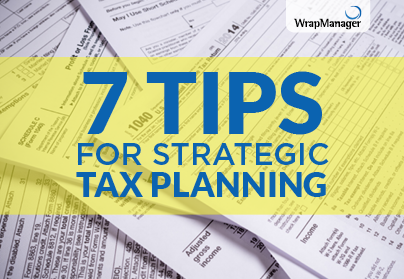Tax planning is an essential part of managing finances and minimizing the amount of taxes paid to the government. It involves analyzing one’s financial situation, income sources, expenses, and deductions to develop strategies that legally reduce tax liabilities. With a well-thought-out tax plan, individuals and businesses can optimize their tax returns and potentially increase their cash flow.
Why is Tax Planning Important?
Taxes are an inevitable part of life, but proper tax planning can make a significant difference in one’s financial picture. By taking a proactive approach to taxes, individuals and businesses can:
Reduce taxable income: Tax planning helps individuals and businesses identify legal and reasonable deductions and credits that can lower their taxable income.
Optimize credits and deductions: By strategically timing expenses and taking advantage of available tax breaks, tax planning can maximize the amount of credits and deductions claimed.
Minimize tax liability: Tax planning allows individuals and businesses to arrange financial transactions and investments in a way that minimizes tax liabilities.
Improve cash flow: By reducing tax obligations, tax planning can increase cash flow, allowing individuals and businesses to reinvest or allocate funds to other financial goals.
Key Tax Planning Strategies
While tax laws and regulations may change over time, some fundamental tax planning strategies have proven effective in minimizing tax liabilities. Here are some key strategies to consider:
1. Take Advantage of Tax-Advantaged Accounts
Tax-advantaged accounts, such as Traditional IRAs, Roth IRAs, Health Savings Accounts (HSAs), and 401(k)s, offer tax benefits that can help individuals save for retirement, healthcare costs, and other financial goals. Contributions to these accounts are often tax-deductible or grow tax-free, providing potential tax savings and long-term benefits.
2. Consider Timing of Income and Deductions
Timing income and deductions can help individuals and businesses optimize their tax situation in a given year. For example, if you anticipate a higher income next year, deferring income into the following year can potentially reduce your tax liability. On the other hand, accelerating deductible expenses into the current year can increase deductions and lower taxable income.
3. Maximize Tax Deductions and Credits
Familiarize yourself with available tax deductions and credits to ensure you’re claiming all eligible expenses. For individuals, common deductions include mortgage interest, property taxes, student loan interest, and charitable contributions. For businesses, deductible expenses may include business-related travel, equipment purchases, and healthcare costs for employees. Researching and understanding these deductions can help maximize potential tax savings.
4. Invest in Tax-Efficient Strategies
When investing, consider tax-efficient strategies that aim to minimize the tax impact of investment returns. For example, investing in tax-managed funds or tax-efficient ETFs can help reduce taxable distributions, resulting in lower tax liabilities. Additionally, long-term investment strategies that focus on low turnover can defer taxes on investment gains.
5. Consult with a Tax Professional
While there are numerous tax planning resources available, it’s often beneficial to consult with a tax professional who can provide personalized advice based on your specific financial situation. Tax professionals have in-depth knowledge of tax laws and can help you navigate complex tax scenarios, identify potential deductions, and ensure compliance with regulations.
The Bottom Line
Tax planning and strategies play a critical role in managing finances effectively and maximizing savings. By proactively developing a tax plan and implementing appropriate strategies, individuals and businesses can optimize their tax liabilities, potentially increase cash flow, and work towards achieving their financial goals.

